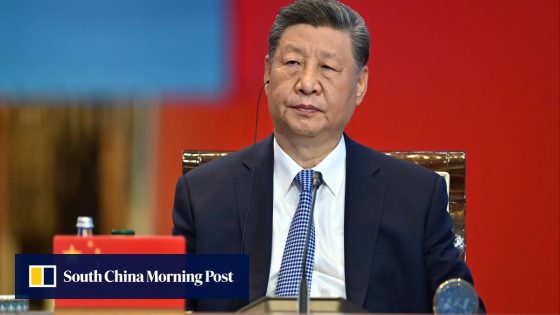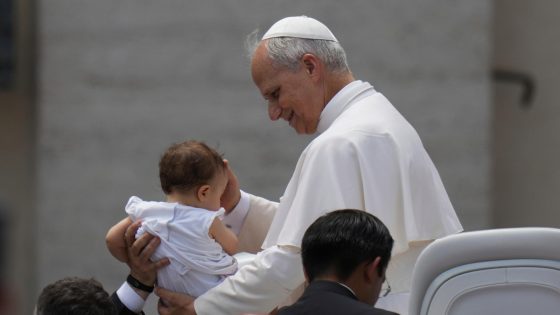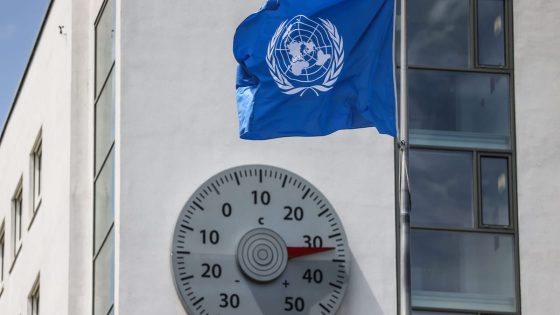New rules on certain Communist Party organs indicate that China’s ruling party is striving to standardise its decision-making process. Observers suggest that these changes may signal President Xi Jinping’s intent to delegate more power, potentially paving the way for future leadership transitions.
- New rules aim to standardize decision-making.
- Xi Jinping may delegate more power.
- Changes hint at potential succession plans.
- Politburo reviewed new coordination regulations.
- Focus on planning and discussing major matters.
- Central commissions gained power during Xi's tenure.
On July 6, 2025, the 24-member Politburo reviewed regulations aimed at enhancing the efficiency of various “party coordinative institutes.” These organisations, which focus on cross-agency policy coordination, have gained prominence during Xi’s administration.
The new regulations, as reported by state News agency Xinhua, emphasize the importance of these organs in planning and reviewing major matters, hinting at a more structured governance approach.
This shift raises important questions about the future of Chinese leadership. Will Xi’s delegation of power lead to a more collaborative governance style? How might this affect China’s international relations?
- Standardisation may improve policy coherence.
- Delegation could signal Xi’s succession plans.
- Enhanced coordination might impact global partnerships.
As China evolves its governance structure, the world watches closely. What will this mean for global stability and cooperation in the years ahead?
































